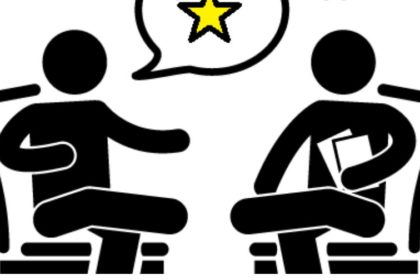
You’ve passed the traditional interview and your skills and experience are a match! What’s next? For many companies the follow up interview is the BEHAVIORAL interview. Is it possible to prepare for these situational questions? YES! Possible and critical!
Prospective employers use the behavioral interview to determine your future behavior based on how you handled past experiences. What are they looking for with these “Tell me about a time when…” type questions? They want to know how you handled both setbacks and opportunities. Did you take responsibility or leadership for problem solving? Were you a team player? How well did you communicate issues with others? Were you creative or logical in the solution? How did you bounce back?
Are you ready for these questions? PREPARATION BREEDS CONFIDENCE!
To prepare: Research – Take Notes – Practice!
1. Research the company – Review the website and understand the mission and values of the company. What is the culture of the company? Do you have experiences professionally or personally that demonstrate your fit?
2. Review the job description and list the skills needed – How have you demonstrated these skills in the past?
3. Write down your story – Start with your resume. Review each position and recall your experiences, challenges and obstacles along the way. Also consider your accomplishments, recognitions, promotions or just praise from a former manager.
Many experts recommend using the STAR Method to write your story:
S – Describe the SITUATION you were in:
T – What TASK was assigned to you? What was the goal?
A – What ACTION did you take to accomplish the goal?
R – What were the RESULTS of your action? Did you accomplish your goal? What did you learn?
STAR Example – (SITUATION) –Years ago, I started my first marketing role in a new industry. Unfortunately, the manager began an unplanned medical leave that day, and because it was a very small office, I was assigned to train with the outgoing employee whom I was replacing. (TASK) –I had to learn a new system, industry and take over client prospects from a disgruntled employee who quickly told me I made a mistake leaving my old job for this one. Since it was a sales job, I knew I needed a positive outlook, but also needed to know how to use the system and find where everything was located. (ACTION) –During lunch, I networked with some of the other employees, hoping to get help from them later. I also made a list of questions for my disgruntled friend and was able to learn enough to get started. (RESULT) –She was gone by the end of the week. It turned out to be a great job/company and I went on to a long, successful career in the industry.
4. Be honest! – The experiences have to be your own. A good interviewer may have many follow up questions – especially when your story is interesting or applicable.
5. Practice! – There are many sample behavioral questions to find with just a google search. Role-play with someone you trust, who will give you honest feedback.
Preparing for an interview will not only help you demonstrate your fit for an opportunity, but will allow you to relax, be confident and enjoy a great meeting.
Opportunity favors the prepared mind!



